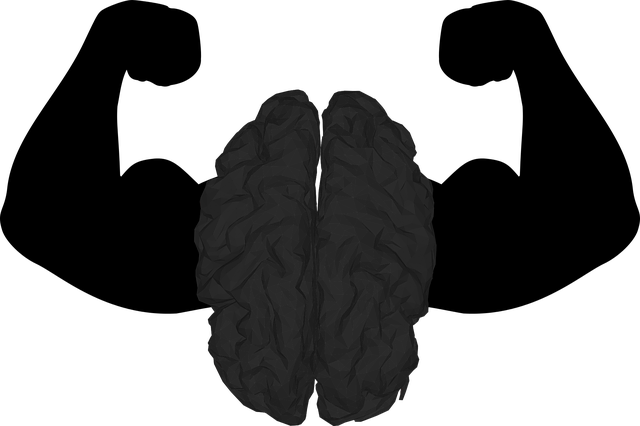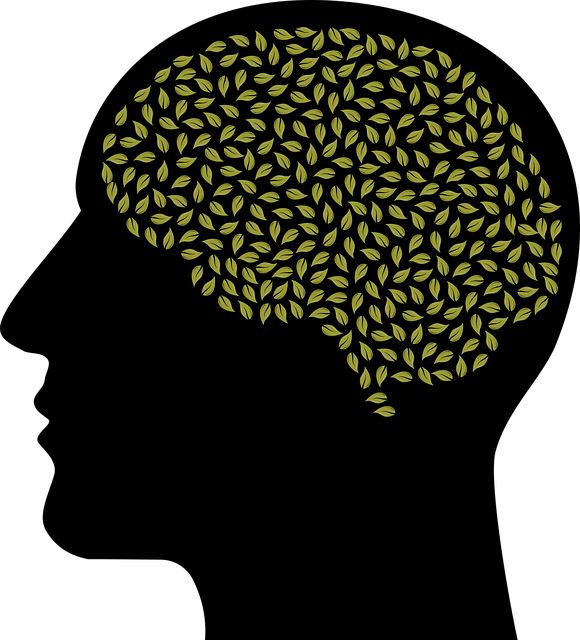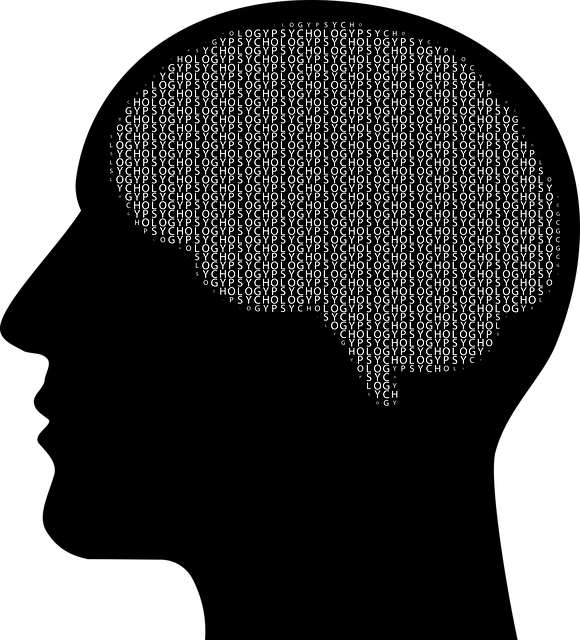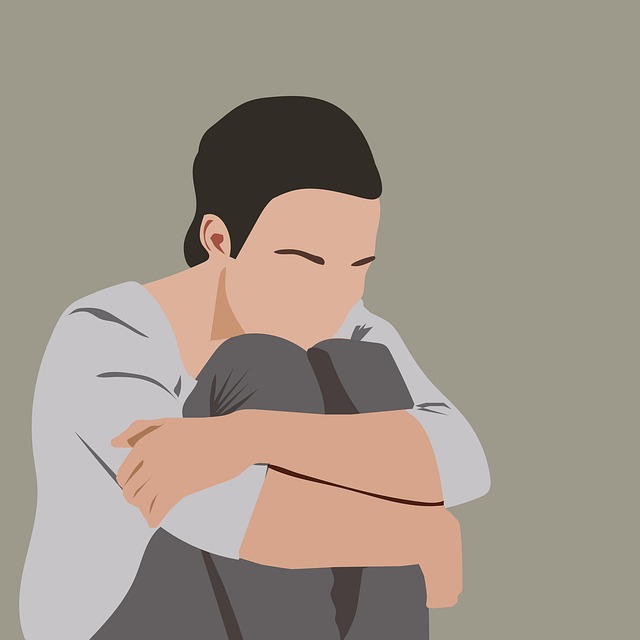Mental wellness is a key focus for families navigating complex dynamics, as highlighted by Englewood Blended Families Therapy (EBFT). EBFT's holistic approach includes community outreach to reduce stigma, stress reduction tools, and therapy services. Journaling is recognized as a powerful tool within EBFT, aiding emotional well-being and mental health progress tracking. Regular journaling helps individuals understand emotions, cope with trauma and stress, and build resilience, ultimately strengthening relationships in blended families.
“Unwind and reconnect with yourself through the transformative power of mental wellness journaling. In today’s fast-paced world, maintaining emotional balance is a challenge, especially for Englewood blended families navigating complex dynamics. This article guides you on harnessing the therapeutic benefits of journaling to improve mental health. We explore how this practice can help understand and manage familial stress, fostering open communication and promoting individual well-being. Discover effective exercises tailored for blended families, track progress, and celebrate successes along your journey towards enhanced resilience and contentment.”
- Understanding Mental Wellness and its Impact on Families
- The Power of Journaling as a Therapy Tool
- Engaging in Effective Journaling Exercises for Blended Families
- Tracking Progress and Celebrating Success: A Journey to Improved Mental Health
Understanding Mental Wellness and its Impact on Families

Mental wellness is a vital aspect of overall health, and its impact extends far beyond the individual. In the context of families, particularly those with complex dynamics like those supported by Englewood Blended Families Therapy, understanding mental wellness is crucial. When one family member struggles with mental illness, it can affect everyone in the household. This could manifest as increased stress levels, communication breakdowns, or even a sense of isolation within the family unit.
Englewood Blended Families Therapy recognizes that mental wellness is not just about treating individual symptoms; it’s about fostering an environment where every family member feels heard and supported. Community Outreach Program Implementation plays a significant role in reducing the stigma associated with mental illness, which is a major barrier to many seeking help. Stress Reduction Methods are also integral to maintaining a healthy family dynamic, ensuring that everyone has tools to manage their own mental wellness alongside receiving necessary therapy services.
The Power of Journaling as a Therapy Tool

Journaling has emerged as a powerful therapy tool, offering individuals a safe and intimate space to explore their thoughts and emotions. This simple yet profound practice can be a game-changer for mental wellness, especially for those navigating complex life challenges. At Englewood Blended Families Therapy, we recognize the potential of journaling as an effective Emotional Well-being Promotion Technique for families and individuals seeking to build Inner Strength Development.
By putting pen to paper, one can unlock hidden insights, process traumatic experiences, and gain a deeper understanding of their feelings. This act of self-reflection allows for better management of stress, anxiety, and even burnout. It provides a sense of control and empowers individuals to take an active role in their mental health journey. Through journaling, people can identify patterns, challenge negative thoughts, and discover coping mechanisms that work best for them, ultimately fostering resilience and overall well-being.
Engaging in Effective Journaling Exercises for Blended Families

Engaging in effective journaling exercises can significantly benefit blended families navigating therapy. In an Englewood Blended Families Therapy setting, this practice offers a safe and private space for individuals to express their thoughts, emotions, and experiences. By documenting feelings about family dynamics, co-parenting challenges, or personal struggles, both children and adults can develop better emotional understanding and coping mechanisms.
Journaling provides valuable crisis intervention guidance during stressful periods. It encourages self-care practices by promoting self-reflection and self-awareness. Moreover, it assists mental health professionals in conducting risk assessments by offering insights into an individual’s mental state and potential triggers. Through regular journaling, blended family members can enhance their emotional resilience and foster healthier relationships within the household.
Tracking Progress and Celebrating Success: A Journey to Improved Mental Health

As you embark on your mental wellness journey through journaling, tracking progress is a vital component that can help you celebrate success and maintain momentum. Regularly reviewing your thoughts, emotions, and behaviors allows you to identify patterns and understand what coping skills development strategies are working best for you. This process empowers you to set realistic goals and adapt your approach as needed, ensuring continuous improvement in your emotional well-being promotion techniques.
Englewood Blended Families Therapy recommends using journaling as a risk assessment tool for mental health professionals, enabling them to guide clients towards positive change. By documenting your progress, you can visibly see how far you’ve come, fostering a sense of accomplishment and motivation. This practice also serves as a valuable resource for reflecting on challenging times, helping you gain new insights and develop even stronger coping mechanisms.
Mental wellness journaling can be a powerful tool for Englewood blended families seeking therapy. By understanding mental health’s impact and leveraging the benefits of journaling, individuals within these families can engage in effective exercises tailored to their unique dynamics. Through consistent practice, tracking progress, and celebrating successes, blended family members can embark on a journey toward improved mental health, fostering a stronger, more resilient tapestry within their homes.














